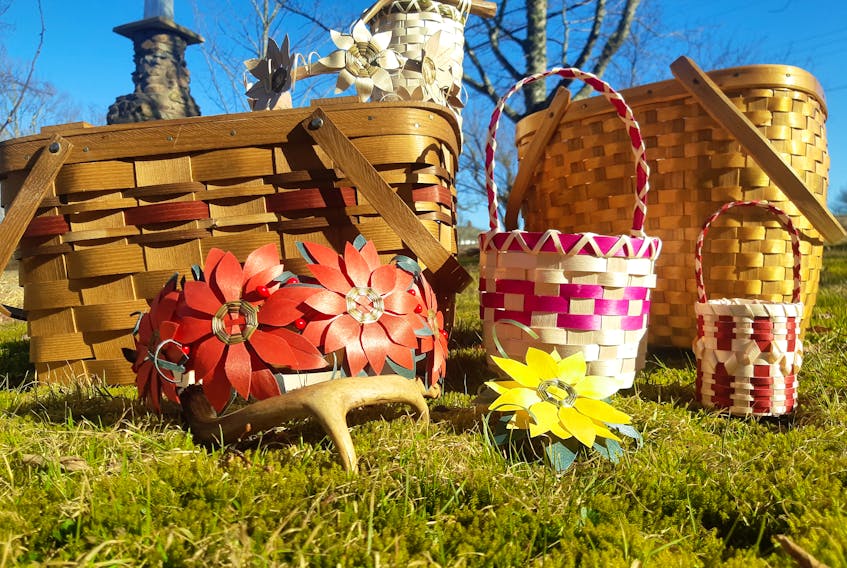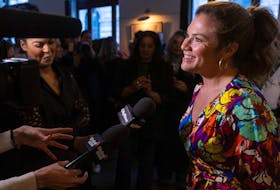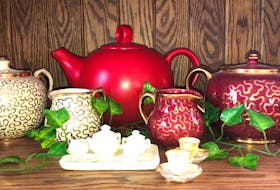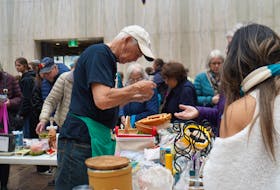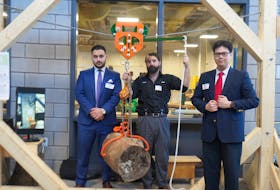ESKASONI, N.S. — Shanna Francis is 27 years old and from Eskasoni First Nation. She’s a fluent speaker of Mi’kmaq and she even thinks in it. When she hears English, she must translate.
“It's like a shift of worlds in your head,” said Francis.
She credits her home community for insulating her with the language. Francis loves hiking in the mountains and fishing in the lakes and treasures her home community. And now she’s helping other Mi’kmaq communities revitalize their language.

“It hurts me to see other communities crave something that is theirs,” said Francis.
According to a 2016 StatsCan report, there are close to 9,000 Mi’kmaq speakers in Canada and a population close to 60,000 according to The Canadian Encyclopedia. Francis has been involved in language revitalization efforts all over Mi’kma’ki, from Truro to Listuguj. Francis has taught Mi’kmaq immersion courses and sees herself as a nomadic educator. She wants to see other young people fluent in their language.
“It’s like instantly meeting up with family, it’s like an instant connection with someone who can speak Mi’kmaq and it brings comfort and relief,” said Francis.
She didn’t realize how strong her Mi’kmaq was until she went to university. But in order to do well in school, she focused on English. Then she visited home and found herself stuttering in Mi’kmaq.
She realized how quickly someone could lose their language and knew she had to do something. She started writing books in Mi’kmaq, talking to herself in the language and focused on helping others with their language efforts.
“That sparked a passion in me to carry this on,” said Francis.
She’s also a basket maker, a hunter and a fisher, and says it's important to be self-sufficient as a Mi’kmaw woman.
Francis runs Kisitaqn basketry and sells her baskets online. She started basket weaving with her late father, Paul Joseph Francis Sr., and stopped for two years after his death because of grief and other problems. But now making those baskets brings her sweeter memories.
“Whenever I’m making baskets, I’m connected with my dad again,” said Francis.
She joked she's been social distancing since she was seven and basket making is a perfect way to stay isolated. Francis said while schools are out, she'll try to find new ways to help those students. But for now, she's focusing on herself.
“It's a good time for me to refresh my mind,” said Francis.
She says anyone trying to learn Mi’kmaq or basket making, it's important for them to start now, to reach out, to use the tools available, and to learn how they learn because the experts won’t be around forever.
“We’re on a timeline and this is a big responsibility,” said Francis.
Note: This interview was conducted in English and there are some words that have no Mi’kmaq translation.
Oscar Baker III is a local journalism initiative reporter, a position being funded by the federal government. He lives in Sydney.

